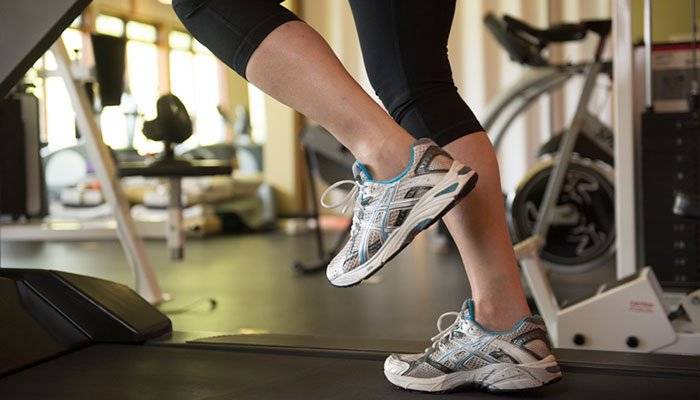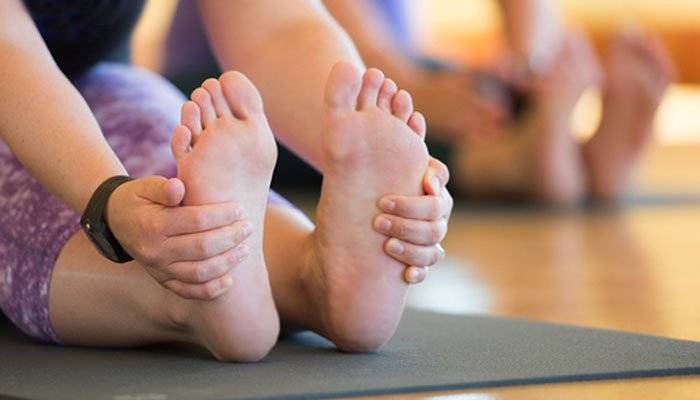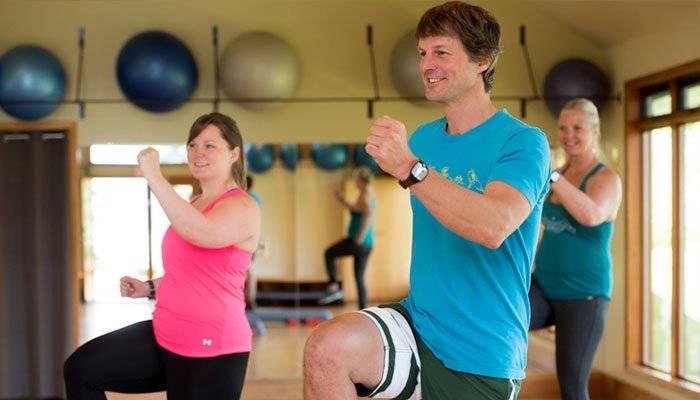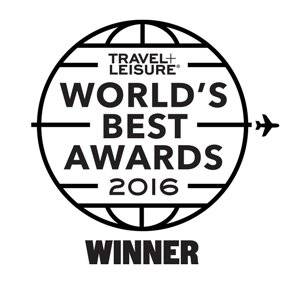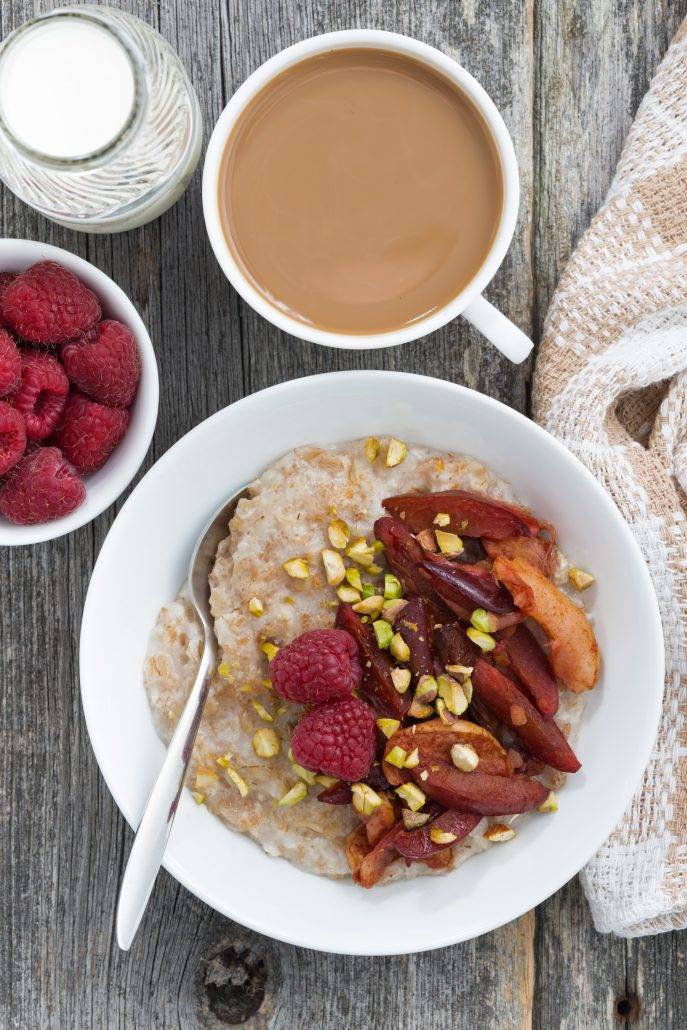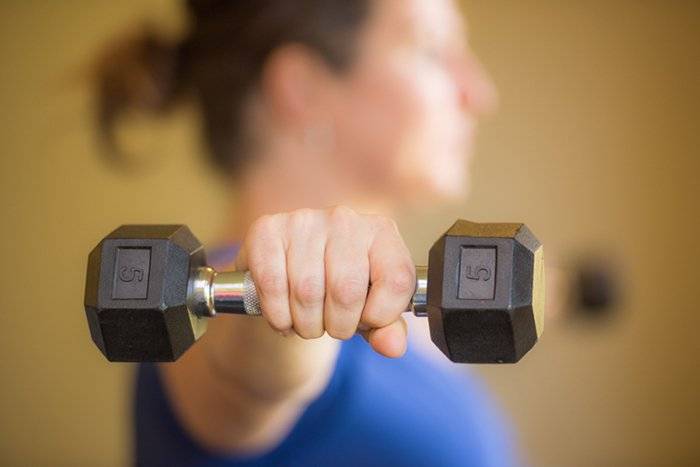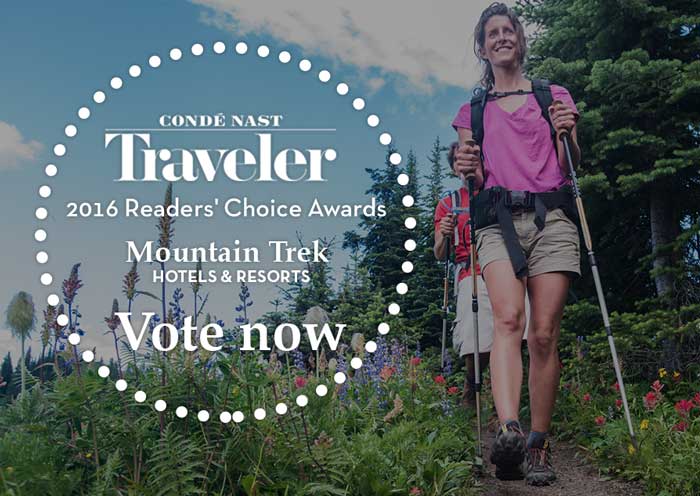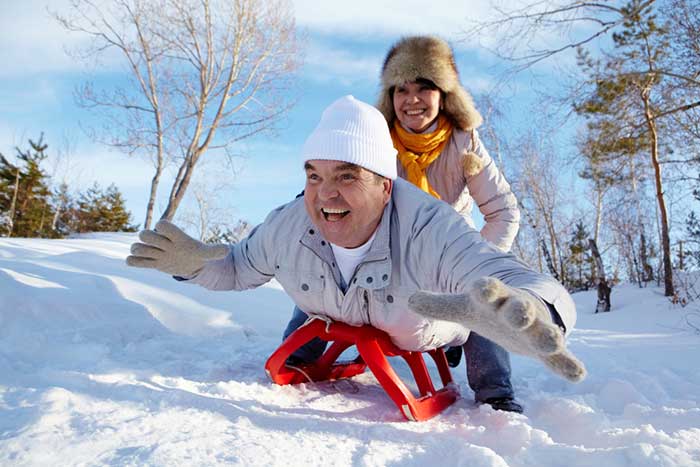
Health and wellness during the winter months could mean enjoying home-cooked meals, getting a massage, visiting some hot springs, or reading a book by the fire. This winter, we encourage you to get outside, stay active, and have some fun! There are plenty of snow sports for every age and ability. Snowshoeing, for example, is a perfect way to float over the snow and enjoy a walk in the woods. We’ve compiled a list of winter sports that we think everyone should try at least once.
Tobogganing
Ideal for Beginners
What it is:
Whether you call it sledding, GT Snow Racing, or tobogganing, chances are you did this as a kid if you lived in a snowy place or ever visited one. It refers to the act of sitting or lying down on a device designed to slide over snow and then going downhill on it.
Why it’s good for you:
Firstly, it’s super fun! Your serotonin levels are sure to rise with this activity because it’s so enjoyable racing downhill. It’ll make you feel like a kid again! Plus, the hike back up the hill again is a great way to increase your metabolism.
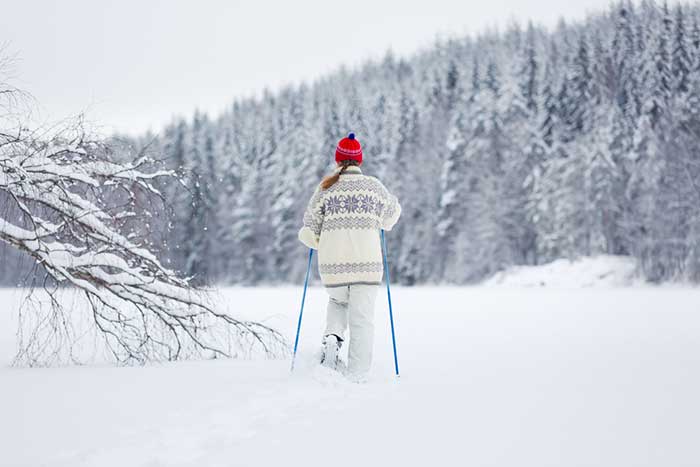
Snowshoeing
Ideal for Weight loss
What it is:
Unlike the devices from years past, modern-day snowshoes are small, light, and strong. They’re easy to attach to any winter boot and then you’re free to go wander wherever the snow takes you. And that’s the beauty of snowshoeing – you’re no longer beholden to hiking paths or trails. You can walk over frozen lakes and through forests that, in the summertime, are inaccessible because of the undergrowth.
Why it’s good for you:
When combined with hiking poles, snowshoeing can be the perfect aerobic activity in the winter. The snow provides a bit of resistance as you walk and your arms get a workout as you swing your poles. And the best part is it doesn’t require a lot of skill – you’re just going for a walk. This is exactly why we recommend this winter sport to stay active throughout the winter.
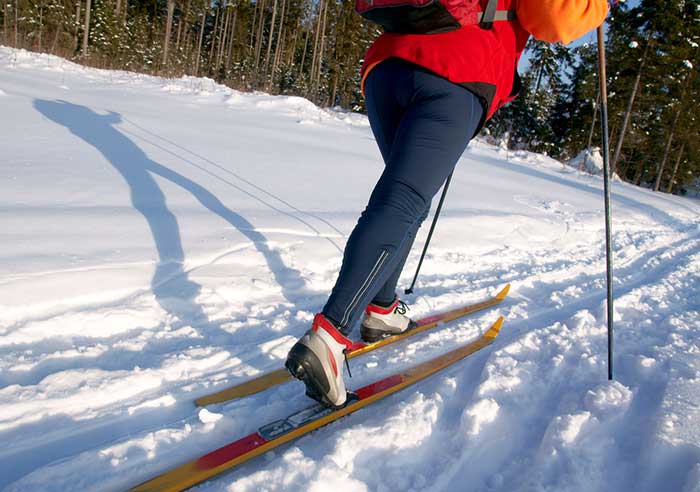
Cross-Country Skiing
Ideal for Full-body fitness
What it is:
There are two types of cross-country skiing: classic and skate skiing. The latter requires groomed trails whereas classic can be done anywhere. It too is as good a workout as snowshoeing with hiking poles but requires more skill, equipment, and know-how in terms of putting wax on the bases. Still, when you’re gliding along at a fast pace, this sport can be completely invigorating!
Why it’s good for you:
This is an excellent aerobic activity in the wintertime that strengthens your legs, core, and arms.
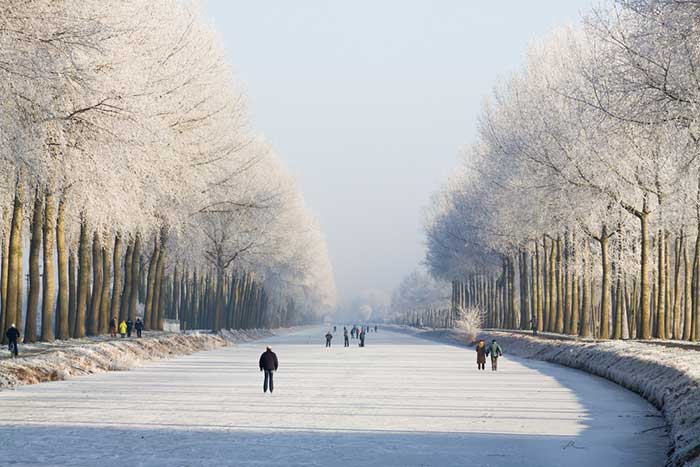
Ice Skating
Ideal for Leg strengthening
What it is:
Simply put on a pair of skates (basically a supportive shoe with a steel blade attached to the sole) and launch yourself across the ice of a frozen pond, lake, or indoor arena. If you’re a beginner, you might want to take it slow at first and hang out to a wall or a helpful friend. But whether you’re a pro or a first-timer, there’s no doubting that ice skating is super fun!
Why it’s good for you:
Ice skating is an effective way to strengthen both the major and minor muscles in your legs as you maintain balance while striding along the ice to push yourself forward. It’s also great for your core muscles.
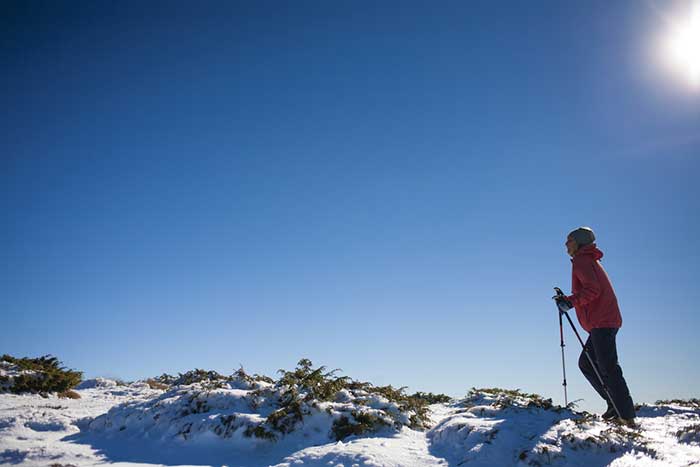
Winter Walking/Hiking
Ideal for People pressed for time
What it is:
Because of snowy and icy conditions in the wintertime, many of us forego walking outside. But it’s proven we need to breathe fresh air and get Vitamin D from the sun, even during the colder months. The best way to ensure you have a safe outdoor walk or hike during the winter is to invest in a pair of Yak Trax or a similar device that adheres to the bottom of your winter boots and basically acts like studded tires for your feet. They grip and cling to any surface and ensure you have an enjoyable and safe walk – especially when you use hiking poles as well.
Why it’s good for you:
The World Health Organization recommends that we all walk at least 10,000 steps a day to maintain our health. That includes during the winter months. When combined with hiking poles, winter walking is a good way to get aerobic exercise.

Fat Biking
Ideal for Cyclists and Mountain Bikers
What it is:
Fat biking is a relatively new sport that allows people to use specially designed bicycles with 4-inch-wide tires to ride over packed snow. Many ski resorts (both alpine and cross-country) offer fat bike rentals and you’ll quickly learn that it’s super-fun pedaling over snow!
Why it’s good for you:
Just like regular bicycling, this is a great full-body workout but because you’re riding on snow. There’s more resistance while you ride, meaning you don’t have to travel as far to get the effects of a great workout.
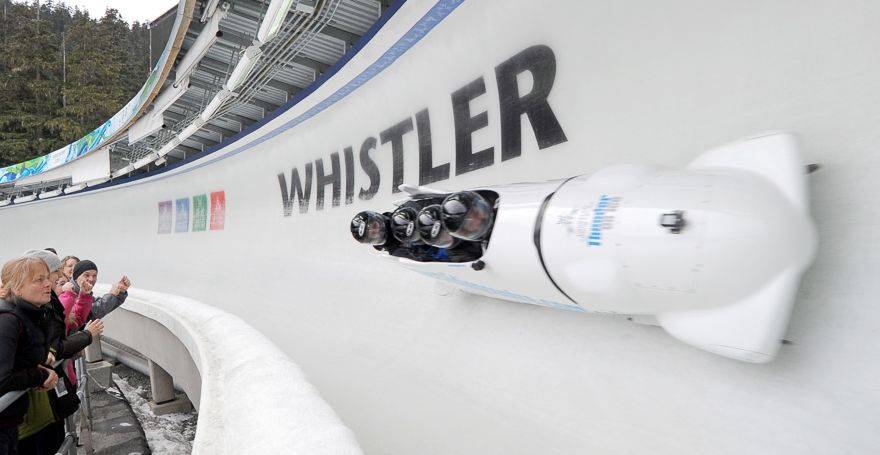
Bobsledding
Ideal for Thrill seekers
What it is:
No doubt you’ve seen this event in the Winter Olympics but what you might not know is places like Whistler, Calgary, and Salt Lake City offer bobsled rides down specially designed tracks (ie: ones that aren’t as steep or fast as those in the Olympics). No experience is required.
Why it’s good for you:
This activity involves what we call “good stress” – you’re cortisol levels will go up during your ride down but then be washed away in a flood of euphoria. Plus there’s a bit of running at the start. But really, the reason this is good for you is to simply remind yourself you’re strong enough and brave enough to do anything!
What is Mountain Trek?
Mountain Trek is the health reset you’ve been looking for. Our award-winning health retreat, immersed in the lush nature of British Columbia, will help you detox, unplug, recharge, and roll back years of stress and unhealthy habits. To learn more about the retreat, and how we can help you reset your health, please email us at info@mountaintrek.com or reach out below:



